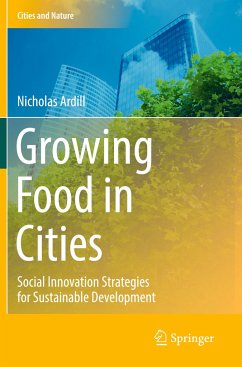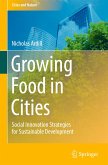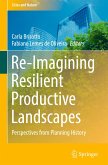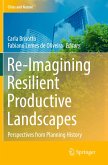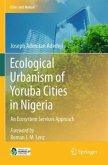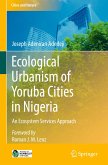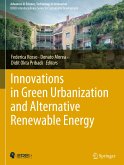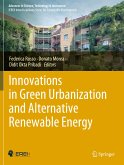This book examines social innovation strategies in the collaborative development of spaces for growing food in cities. It enables readers to gain valuable insights into an innovative social and spatial practice whilst advancing knowledge in an emerging area of research. The book will also be of great relevance to social activists, urban designers, planners, and decision-makers with an interest in applying this expertise to their own neighbourhoods and cities.
Urban food growing spaces have multiplied in recent times. This green and inclusive urbanism creates social value for the health, wellbeing, and welfare of local inhabitants. Therefore, there is a convincing argument to investigate innovative spatial practices that can enable cities to meet the needs of an increasing population. Despite the mounting interest in collective approaches to sustainable development, limited attention has been given to the diverse ways in which this social action has been pursued. How are urban food growing spaces produced through social innovation? What are the innovative processes that can be translated in a replicable model to other cities, yet suitable for local needs, to support the development of healthier, more socially just built environments?
Urban food growing spaces have multiplied in recent times. This green and inclusive urbanism creates social value for the health, wellbeing, and welfare of local inhabitants. Therefore, there is a convincing argument to investigate innovative spatial practices that can enable cities to meet the needs of an increasing population. Despite the mounting interest in collective approaches to sustainable development, limited attention has been given to the diverse ways in which this social action has been pursued. How are urban food growing spaces produced through social innovation? What are the innovative processes that can be translated in a replicable model to other cities, yet suitable for local needs, to support the development of healthier, more socially just built environments?

